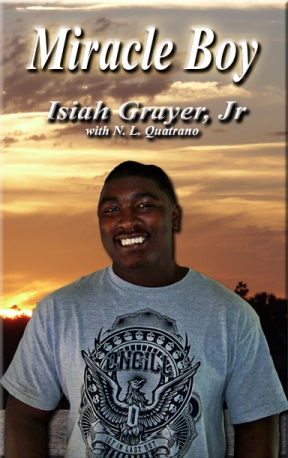
Happy Sunday!
In my business, On-Target Words, I have the privilege of working with many writers who are inspired to write because of their life experiences.
I heard a piece of advice long ago, from agent Donald Maass who said something to the effect, that if you aren’t someone very important, and hopefully controversial, then your memoir is going to be of little interest in the commercial market. Having ghostwritten a few of these, I have to agree. While a few of my clients have proceeded to write memoirs for family and friends, others have opted to fictionalize true, real-life events, and turn them into novels.
The power of doing this, is that the writer has the information, personal passion and perspective, and a built-in motivational factor for those days when the writing gets hard to do. And, if done right, the writer can tell the story without spending the rest of their life in court battling libel or defamation lawsuits.
The challenge in doing this, is to not have the novel sound like entries from a travelogue, police report, or a diary. I’m going to offer a short list of things to keep in mind if you decide to base your novel on true, real-life events from your personal past. They are the same list you should apply when writing any novel, even one NOT based on your personal history…
- Decide on who your main character is. Develop a healthy character sketch, even if YOU are the main character (first person perspective.) Age, height, weight, hair/eye color, likes/dislikes, role models, etc., etc.
- Decide on a short list of secondary characters and be sure to do their character sketches as well. These characters should not reflect the real-life characters and names in features, speech patterns or mannerisms. They have a role to play and you are a writer, so make up “composite” characters for the supporting cast in your work.
- Setting is critical as well. What period is this taking place? What location? Will the original location work or should you relocate it to another place? Only you will know what is going to work best for your story.
- Do a story arc (at least) – beginning, middle and end. If you are not a writer who outlines their entire story, that’s fine, but you need a clear place to start your story, you must carry the action and interest through the middle, and of course, resolve it to get us to the end of your tale. I know this was real for you, but for readers, it’s an entertaining/adventurous/horrific/poignant tale.
- Opening hook must begin the story at either the inciting incident, or very close to it, just like every good commercial novel. If not, your writing had better be so powerful that it will get them into the novel a few pages, and then to your inciting incident. This is not always the case in literary fiction, however, though I do believe that although literary readers are more patient about getting into the story, once there, they want one heck of a story, so you will still need a good, strong, plot.
- Most of these inspired novels contain a powerful theme or lesson in them. What is yours? I suggest you get clear about that so it is reflected in your writing. It will make the difference between writing a story that is easily engaged in and followed, and one that shows up as disjointed and hard to follow. This is especially important if your tale is really a saga and takes place over a long period of time. OR, should you be writing in the non-fiction format, instead?
- Know what you are writing – Adult coming-of-age tale: Cather in the Rye, To Kill a Mockingbird, The Joy Luck Club, A Tree Grows in Brooklyn, OR, Novel based on true stories: Diary of a Young Girl, Amityville Horror, Angela’s Ashes, OR, Novel based on true events: Little House on the Prairie series, The Grapes of Wrath, Tom Sawyer, The Shack, Life of Pi. You may need to read some of these to understand the distinction, but style, voice, POV and content are all impacted by which category your story fits into best. This is no different from understanding what genre you are writing for if you write genre fiction, such as Romance, Mystery, Noir, Humor, Horror, Sci-Fi, etc.
- Have a dynamic and forceful ending in mind, even if that ending isn’t the same as your real-life event. Leave the reader with a memorable ending, and they’ll be talking about YOUR book with THEIR friends! And that’s what sells books.
Remember…keep reading and writing! NQ

